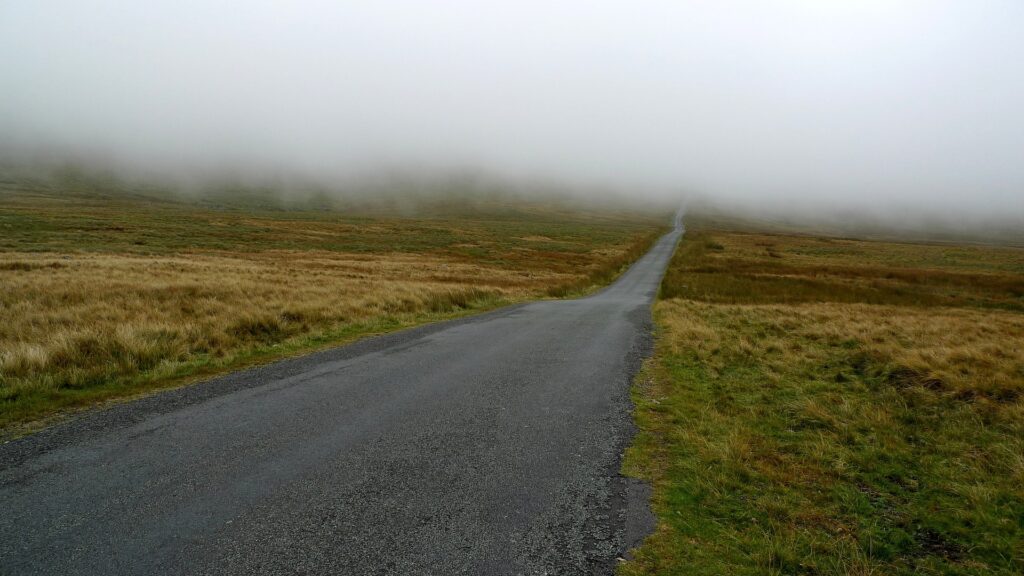
Sometimes I make assumptions that are incorrect. Humility to me is when I take the time to pause. Stop. Listen. Then ask questions, without assuming I know the answer. -Beth Murray (CLF)
When has a humble moment in your life led you somewhere unexpected?




